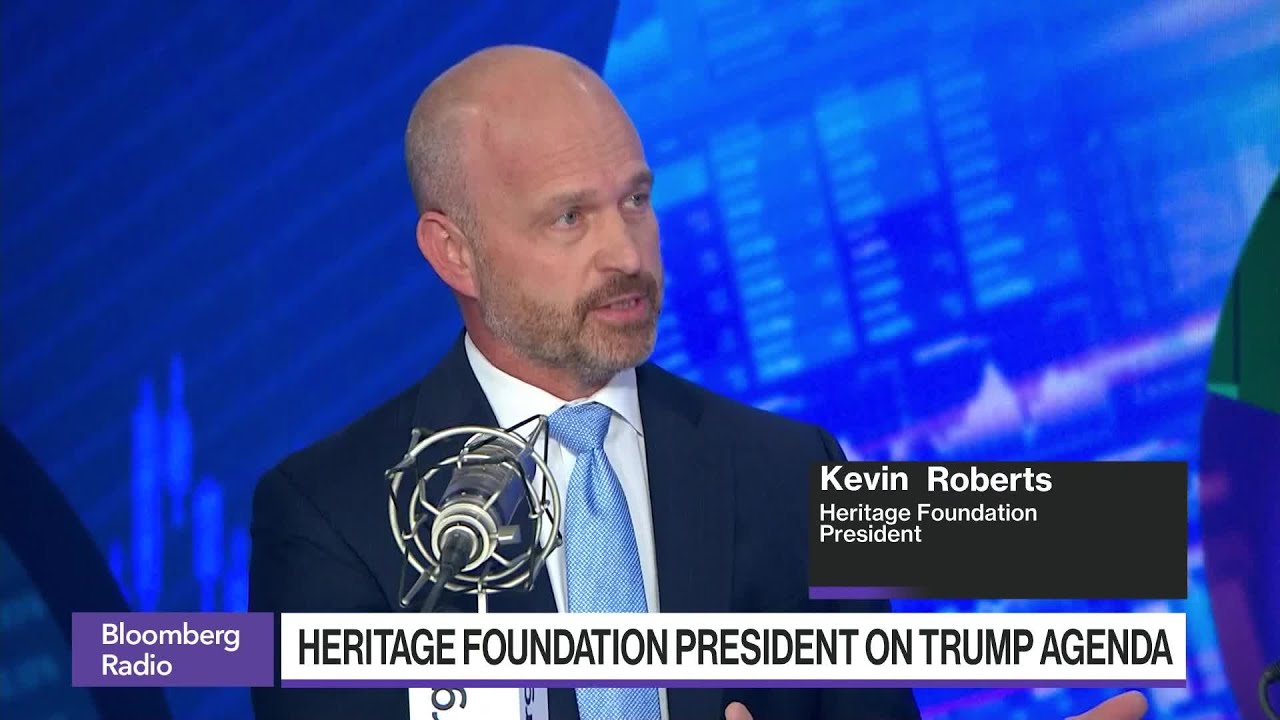Originally at https://atmos.earth
A record heatwave is currently blanketing the U.S. Over 200 million Americans experienced temperatures above 90°F this week, with some regions soaring to 105°F. From California to Maryland, extreme heat has killed dozens of people this month. Against that scorching backdrop, climate change remains glaringly absent from the nation’s political document of the week: Project 2025.
The project’s policy agenda, a 920-page tome and a blueprint for the next conservative presidency, dismisses climate change across its chapters. Published by the Heritage Foundation, it provides a guide to whittling down the federal government and implementing conservative policy measures from today’s culture wars: ending gender-affirming care, restricting abortion access, canonizing cis-gender heterosexual marriages, and banning pornography, just to name a few.
On climate change, the document seeks to stomp out all embers of environmentalism across the federal government. It laments “eyesore windmills” and efforts to transition away from gas stoves and gas-powered vehicles. Instead, it envisions an administration that expands oil and gas, ends federal support for renewable energy, and strips federal agencies of their power to protect the environment. “At its very heart, environmental extremism is decidedly anti-human,” Heritage Foundation president Kevin D. Roberts writes in the foreword. Environmental regulations are “inimical to American free market and limited government principles,” another author continues.
Project 2025’s proposals, which were penned by leading Republican figures including several of former President Donald Trump’s political appointees, are largely unpopular, according to polling from Navigator Research and Data for Progress. But the Heritage Foundation’s recommendations, which are published every four years, have been taken rather seriously by previous conservative administrations. By the end of former President Ronald Reagan’s first year in the Oval Office, his administration implemented about half of the Heritage Foundation’s recommendations, and by the end of Trump’s first year in 2017, his administration implemented 64% of them.
Here’s what the conservative think tank’s latest plan, Project 2025, would mean for climate change.
Project 2025 would repeal the Inflation Reduction Act (IRA)—the largest-ever investment into climate action—and the Infrastructure Investment Jobs Act (IIJA), also known as the Bipartisan Infrastructure Deal, which puts billions of dollars toward climate mitigation, resilience, and equity.
It would close the Export-Import Bank (EXIM), the U.S. export credit agency that helps American businesses export goods by providing loans and insurance. The Biden administration has leveraged EXIM financing to advance climate-friendly technologies. Project 2025 argues that the bank should be closed because it has been “hijacked by progressives to advance their climate and other preferred policies.”
At the Treasury Department, rather than advancing climate-friendly financing like it is now, the focus would shift to domestic energy, oil, and gas.
The Department of Interior would make oil and gas extraction its number one priority. It would expand fossil fuel development in Alaska and Indigenous-owned lands, and it would lower regulatory barriers including the National Environmental Policy Act (NEPA), the Endangered Species Act (ESA), and the Migratory Bird Treaty Act. Across the country, the federal government would open onshore and offshore drilling “to the maximum extent permitted.”
That includes the Office of Domestic Climate Policy, the Interagency Working Group on the Social Cost of Carbon, the National Flood Insurance Program, the Office of Fossil Energy and Carbon Management, the Office of Energy Efficiency & Renewable Energy, the Grid Deployment Office, the Office of Clean Energy Demonstrations, the Clean Energy Corps program, the Office of Environmental Justice and External Civil Rights, the Environmental Protection Agency’s Office of Enforcement and Compliance Assistance, the Office of Public Engagement and Environmental Education, the Office of Emergency Management, the Treasury Department’s Climate Hub, and even the 12,000-person National Oceanic and Atmospheric Administration and its $6.72 billion budget.
Project 2025 would prevent federal agencies from assessing the scientific risk of climate change. That includes the U.S. Global Change Research Program, which produces the National Climate Assessment; the Office of Science and Technology Policy; the National Science and Technology Council’s Committee on the Environment; the Carbon Cycle Interagency Working Group; and the Federal Coordinating Council for Science, Engineering, and Technology.
It would also end all federal government involvement in energy decisions, like its role in preparing the electrical grid for renewable energy.
Additionally, the document recommends reinstating Trump administration rules on the ESA, which would, among other things, prohibit areas from being designated critical habitat if there is “economic benefit” to developing them—for example, for oil, gas, mining, or logging.
Project 2025 would end federal mandates and subsidies for electric vehicles, and it would slash fleet-wide fuel economy standards to 35 miles per gallon—far less than the current goals of 49 miles per gallon by 2026 and 58 miles per gallon by 2032.
Funding for the Federal Emergency Management Agency (FEMA) would be severely limited, and the onus of disaster response would be put on states. To access the little federal funding that would remain, FEMA would require aid recipients to fully comply with federal immigration laws—a nod to FEMA’s place within the Department of Homeland Security. Funded states and localities would have to commit to “total information sharing” with federal law enforcement and immigration enforcement, granting them unfettered access to voter registration databases and their Department of Motor Vehicles.
Abroad, Project 2025 would cut off the billions of public-private dollars that the U.S. Agency for International Development (USAID) is mobilizing to build climate resilience in frontline countries.
President Biden identified green technology, battery technology, and agriculture techniques as Industries of the Future, and under a 2020 law, these fields would have increased capacity for research and development. Project 2025 would strip them of that status.
At National Laboratories, Project 2025 would end research on climate change and renewable technologies and instead focus on “nonpartisan and basic science” and science relevant to national security. It is especially fixated on “leverag[ing] all of America’s scientific, engineering and high-tech production communities” to develop weapons that would “preserve our warfighting advantage.”
Project 2025 would withdraw the U.S. from the United Nations Framework on Climate Change, the Paris Agreement, cooperative climate pledges with China, and commitments to climate reparations. It would also end USAID’s current efforts to help other countries increase energy efficiency, transition to renewable energy, and implement early warning systems for natural disasters.
The Heritage Foundation’s plan would reverse the 30×30 executive order and the America the Beautiful Initiative, which aim to conserve 30% of the country’s land and waters by 2030. It would also repeal the Antiquities Act of 1906, which in its storied history has protected landmarks like the Grand Canyon and Acadia before they became national parks.
Conservatives’ crusade on corporate ESG would be formalized and sustained. The document goes as far as recommending Congress investigate companies that practice ESG for colluding to receive favorable treatment from the federal government.
Read the Original Story





